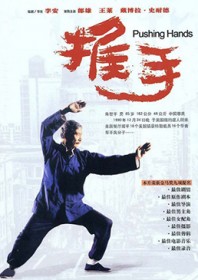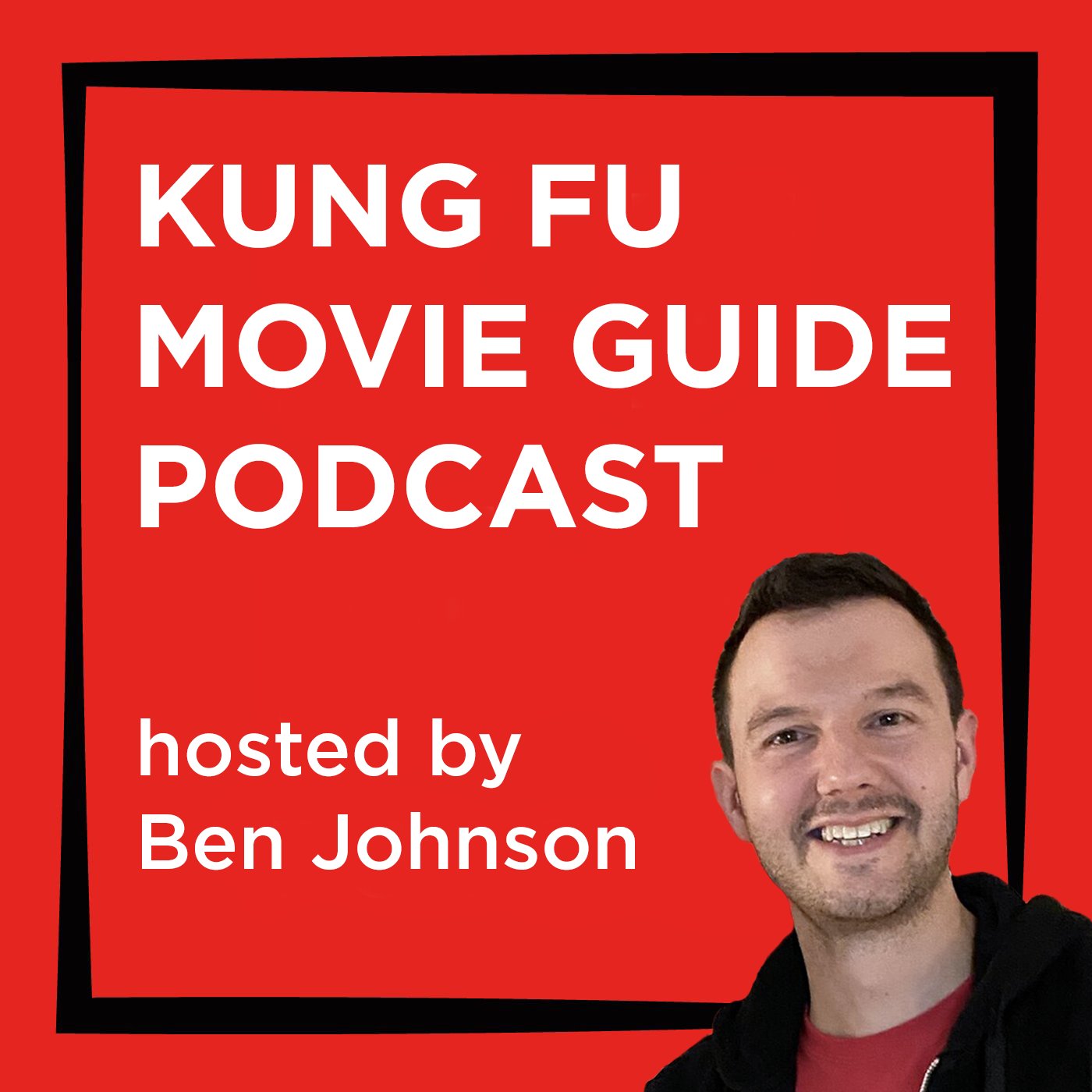
Ang Lee’s first feature film is a gentle culture-clash melodrama which, as a Taiwanese immigrant himself, could be interpreted as partly autobiographical. It is also a film committed to making a poignant sociopolitical statement.
In much the same way that only an outsider can truly identify and analyse a country’s moral and social taboos (he also did this brilliantly with 2005’s Brokeback Mountain), Ang Lee puts western and Chinese traditions under the microscope. He presents a story of corrupted domesticity via the inter-generational subjects of a Beijing-born father-in-law and a stay-at-home New York writer and mother, with her Chinese husband acting as the go-between, forever struggling to appease both cultures.
Differences in language, food and temperament are explored, but it is the western approach to family which touches the greater nerve. When the elderly Master Chu takes up refuge among the affluent suburban household, tensions start to fray and Master Chu is forced out onto the streets. As a Tai Chi instructor, Master Chu is revealed to have been persecuted during the Cultural Revolution and forced to break up his family, sending his son to America to discover a new life of middle class comfort and success.
The metaphorical title is a reference to a Tai Chi practice based on the yin-yang principals of balance and harmony, in which the practitioner counters an attack by adapting to the force of their opponent. The filmmaker’s sympathies rest with the need to maintain a balance of tradition whilst having to absorb the contradictions of living in an alien society.
- Country: United States
- Directed by: Ang Lee
- Starring: Deb Snyder, Fanny De Luz, Lung Si-hung, Wang Lai, Wang Ye-tong
- Produced by: Jiang Feng-chyt
- Written by: Ang Lee, James Schamus
- Studio: Ang Lee Productions, Central Motion Pictures Corporation












